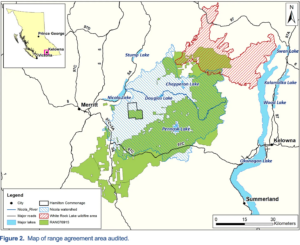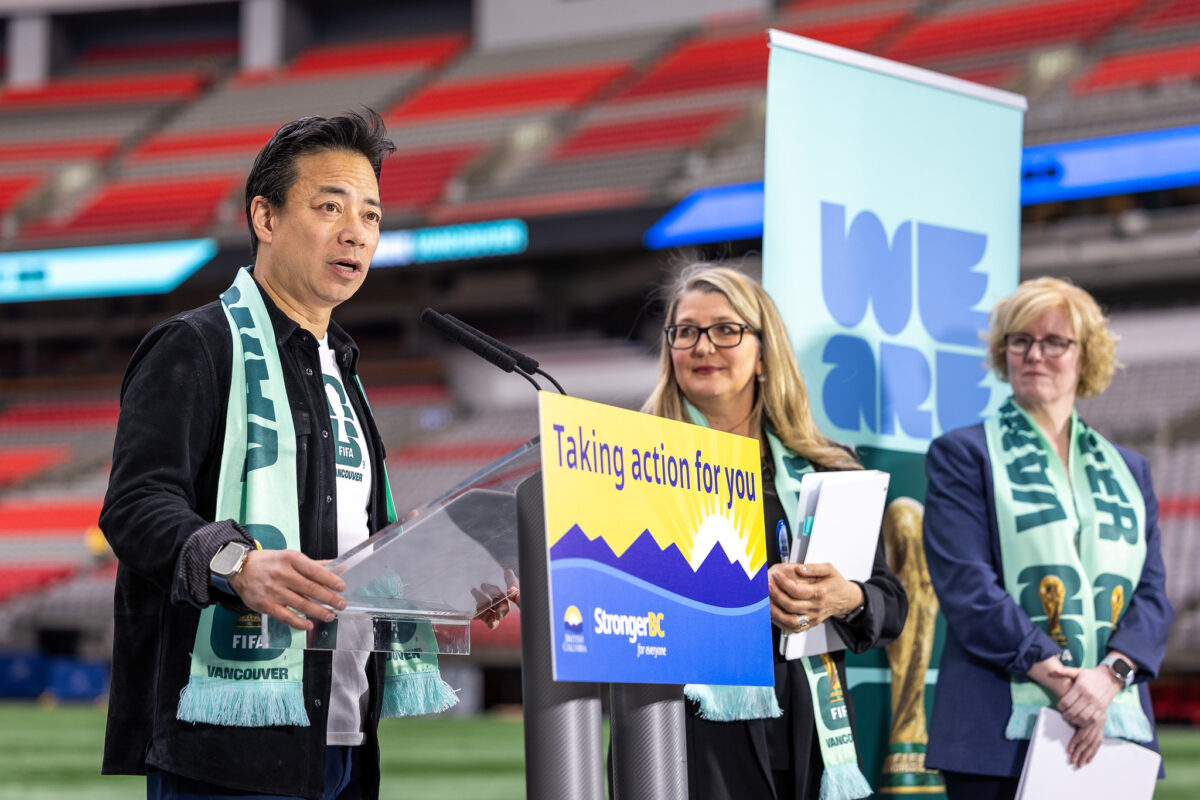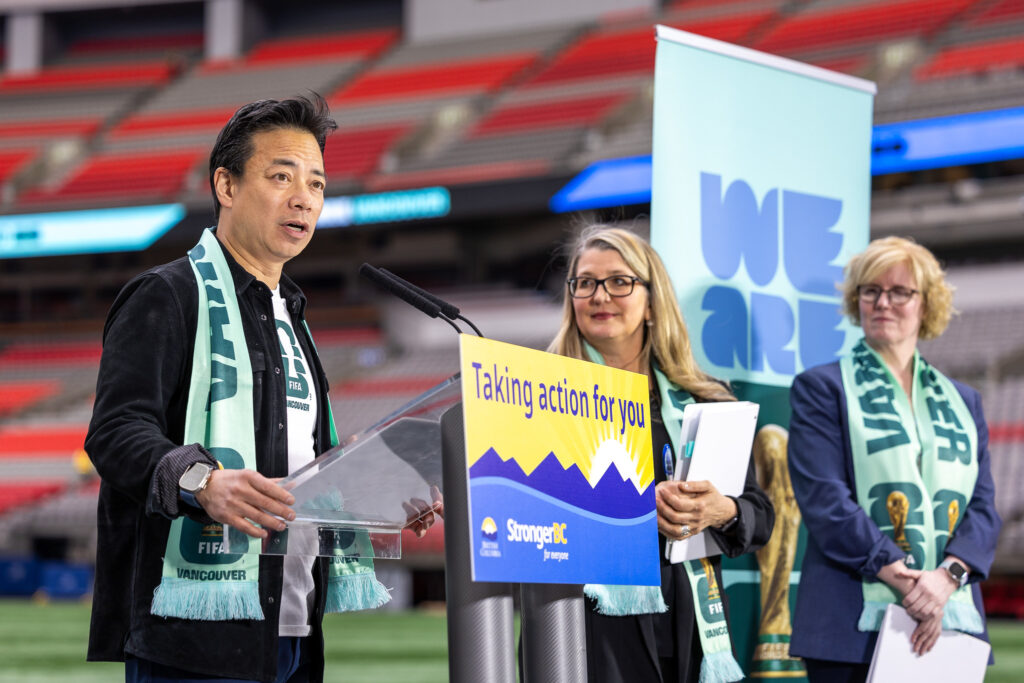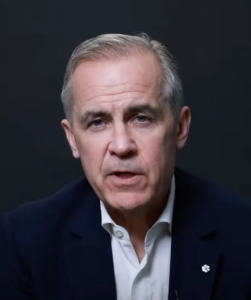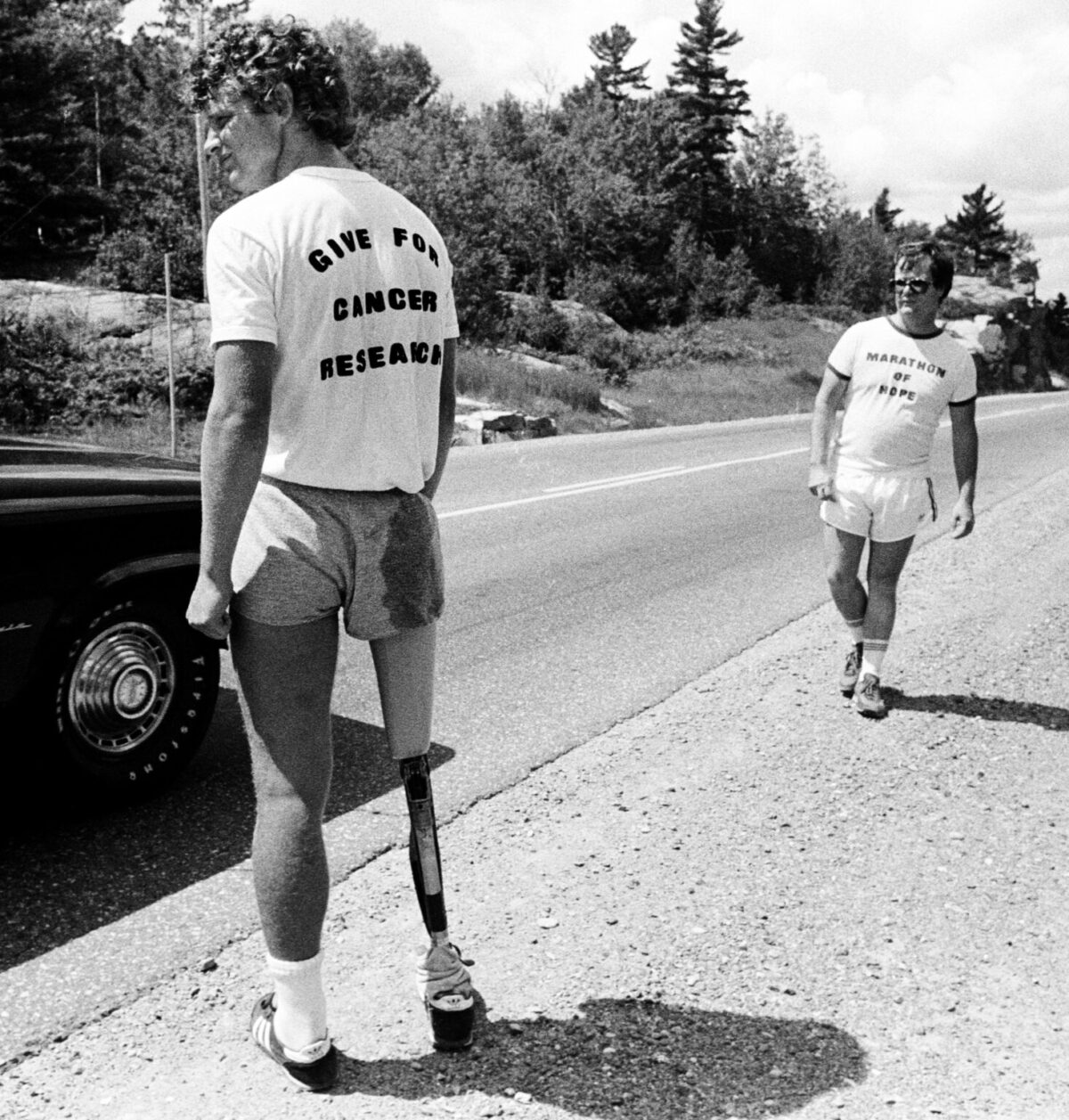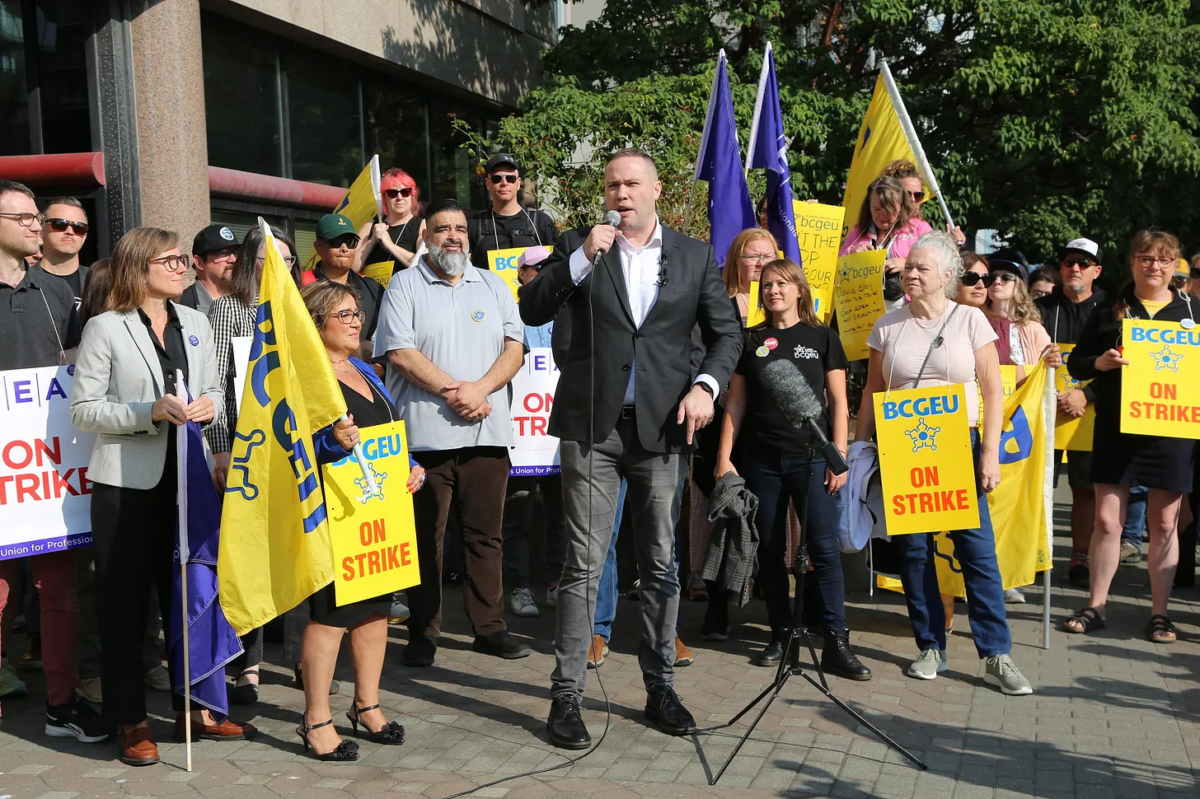BC Ferries calls House of Commons demand for China ferry deal documents unconstitutional
Bob Mackin
An Ottawa lawyer for BC Ferries told a House of Commons committee studying the deal to buy four Chinese built ferries that it was “acting outside of its constitutional authority.”
In an Aug. 29 covering letter to committee clerk Philip den Ouden, lawyer Kyle Morrow of the Fasken firm said that BC Ferries was complying with the Aug. 1 production order from the Standing Committee on Transport, Infrastructure and Communities “voluntarily, in the interests of transparency.”
“Voluntary compliance in this instance does not waive any future constitutional argument based on interjurisdictional immunity,” Morrow wrote.

Artist’s rendering of one of the four new BC Ferries to be built in China. (BC Ferries)
Why it matters
The taxpayer-owned company announced the contract with China Merchants Industry Weihai Shipyards (CMI) on June 10. Unions and opposition Conservatives demanded the deal — backed by a $1 billion loan from the federal Liberal government — be scrapped due to national security concerns at a time when NDP Premier David Eby is urging citizens to buy Canadian.
Not transparent
Morrow’s letter said BC Ferries “provided unredacted documents and correspondence where possible. It has redacted commercially-sensitive information where necessary. Redundant information, such as previous drafts, and irrelevant information have not been included.”
One of the documents is the same eight-page, April internal decision paper the BC Ferries freedom of information office released in July to theBreaker.news. BC Ferries censored six full pages and parts of two others to hide the reasons for hiring CMI and the names of two losing bidders.
On Sept. 4, the day after China’s Xi Jinping hosted Russian ally Vladimir Putin for a Beijing military parade, BC Ferries rejected a freedom of information request from theBreaker.news for a copy of its contract with CMI.
theBreaker.news filed complaints with the B.C. Office of the Information and Privacy Commissioner.
Subscribe to theBreaker.news on Substack. Find out how: Click here.
Bob Mackin An Ottawa lawyer for BC Ferries













